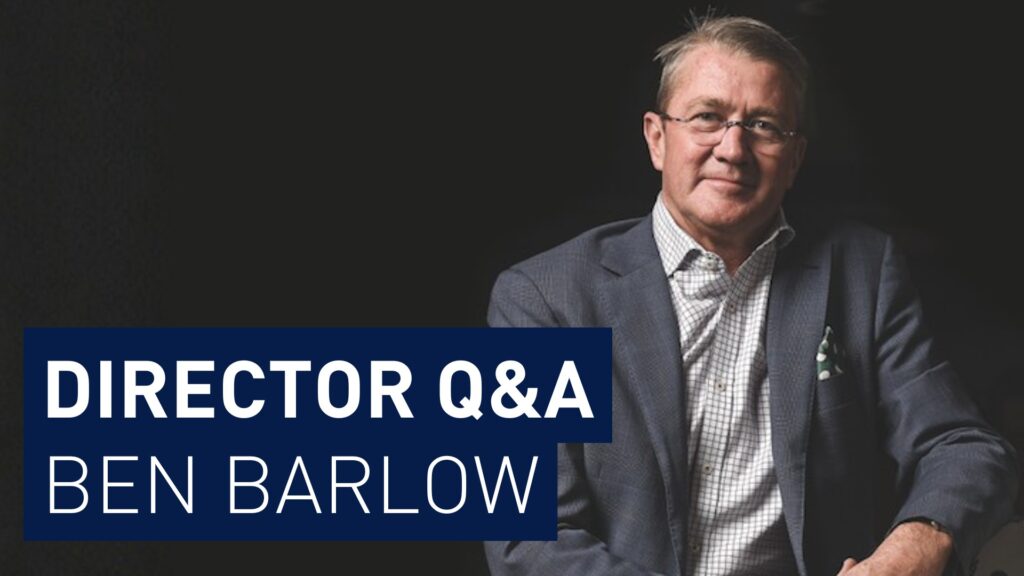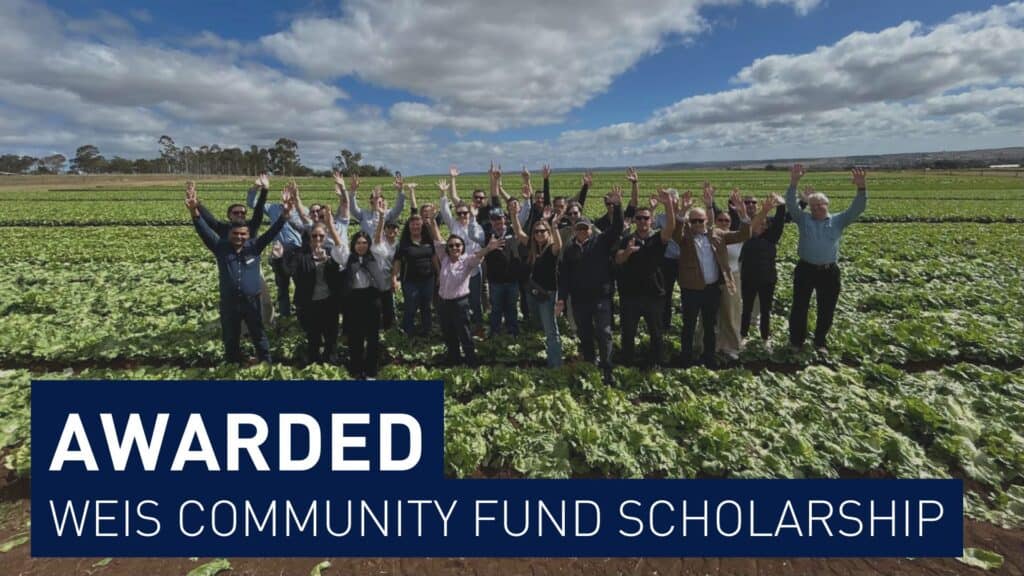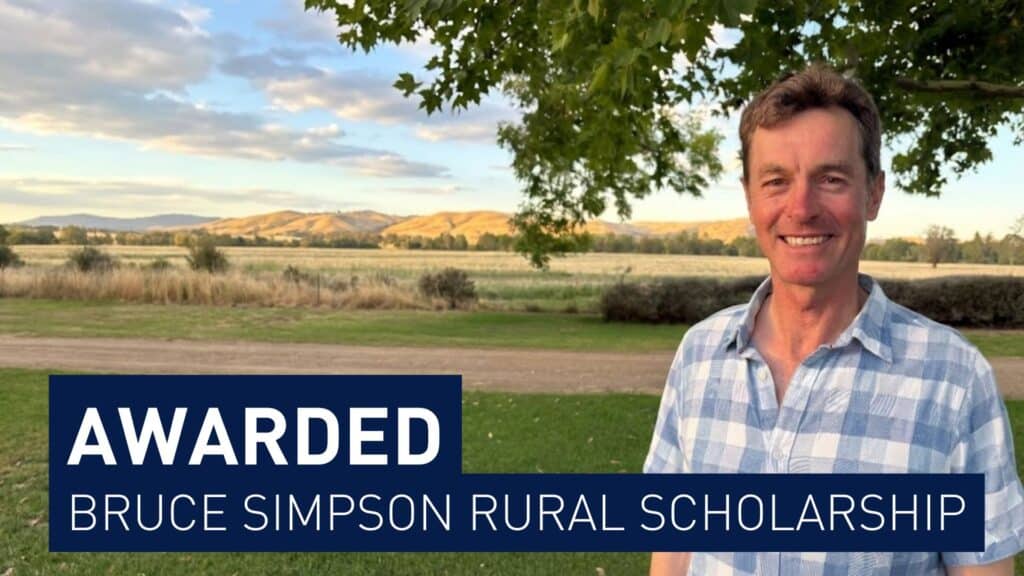Mental health support, youth engagement, the housing shortage and bridging the country-city divide are challenges local leaders will work on together, towards solutions.
21 current and emerging leaders from across the Border, NSW Riverina and northern Victorian last week came together in Yarrawonga to further develop their leadership skills and build a network that’s committed to action and outcomes.
They were selected to attend the leadership development program as part of the Leading Australian Resilient Communities (LARC) program, delivered by the Australian Rural Leadership Foundation (ARLF) and the Regional Australia Institute (RAI).
LARC is funded by the Australian Government’s Building Resilient Regional Leaders (Pilot) Initiative grant on the back of recent challenges faced by regions such as drought, bushfires, COVID and the floods. The Rivers to Plains region, covering southern NSW and northern Victoria, is one of 10 regions targeted by the program because of the challenges, and their impact, endured.
LARC aims to support these regional communities in meeting challenges and collectively drive the positive changes they want to see. The program includes a combination of place-based multi-day leadership sessions locally to identify challenges, opportunities and what underpins them using the latest RAI data for the region. The group will receive coaching and support for practical, community led projects they decide to pursue. They’ll also have access to national thinkers on identified critical issues.
The participants selected are current and emerging leaders from diverse backgrounds and experience, from emergency management, manufacturing, agriculture, agribusiness, education, local government and community engagement and services to water, the environment and renewables.
Each are passionate about a range of issues within their communities they’d like to pursue with enhanced leadership skills, backed with the support of like-minded leaders.
“The particular area that I’m really passionate about is agriculture and our local food movement,” says farmer and former Strathbogie shire mayor Amanda McLaren.
“Agriculture is our biggest sector in the Strathbogie Shire but what worried me as mayor when tracking the ageing demographic of farmers, is that the average age was 58 and it was increasing. And we weren’t encouraging young people into agriculture in our region. Victoria doesn’t have a dedicated agricultural high school and that’s something I’ve been really passionate about for the last four or five years, trying to see whether we can do something in that space.”
Brenton Smith from Wagga Wagga and manufacturing manager at Riverina Fresh is keen to explore employment opportunities for youth.
“I am very passionate about youth and youth employment and retaining youth in the regions. I wanted to see how this course could lead to more resilience in that part of the world because there’s a lot of youth that don’t have positive mentoring or positive influences in their life. And how this program could lead into me being able to give that leadership in that space.”
Mental health support is a priority for Scott Fullerton, who’s a Regional Emergency Management Officer with the NSW Police Force based in Deniliquin.
“What mental health support is available within the communities and how we can work with those communities and with individuals, and what systems are established within those communities that can be built on and improved. So that we can work forward with our resilience within the community and help the issues that we have in regional NSW and Victoria in mental health, suicides and resilience when we’re faced with adverse conditions.”
Kelly Tapiolas of Wooragee, who works in the resilience space at Indigo Shire, believes the network of leaders on the program – sharing their knowledge, contacts, skills and expertise – will have an impact in supporting local issues and driving opportunities.
“I think it’s a really great idea because I’ve come across so many people…we’re such a diverse mob but we’re also very well intertwined too. A lot of us have shared passions, we have shared experiences, shared hobbies, shared stories. So I think if we can all get together and network we can really have that sort of holistic approach to tackling issues because of the experience and the different lives we live.”
Wagga Wagga based community engagement business owner and Wiradjur woman, and ARLF alumni, Cheryl Penrith, agrees with the collaborative approach and how it can empower communities.
“I think good leadership is about taking people with you. And for me, it’s not just about First Nations people, it’s about taking everybody with us because I think for too long we’ve seen people going ahead and leaving other people behind. But for us to have a country that’s going to be worth living in for our grandchildren, our great grandchildren and then generations to come, we’ve all got to walk together, forward together.”





